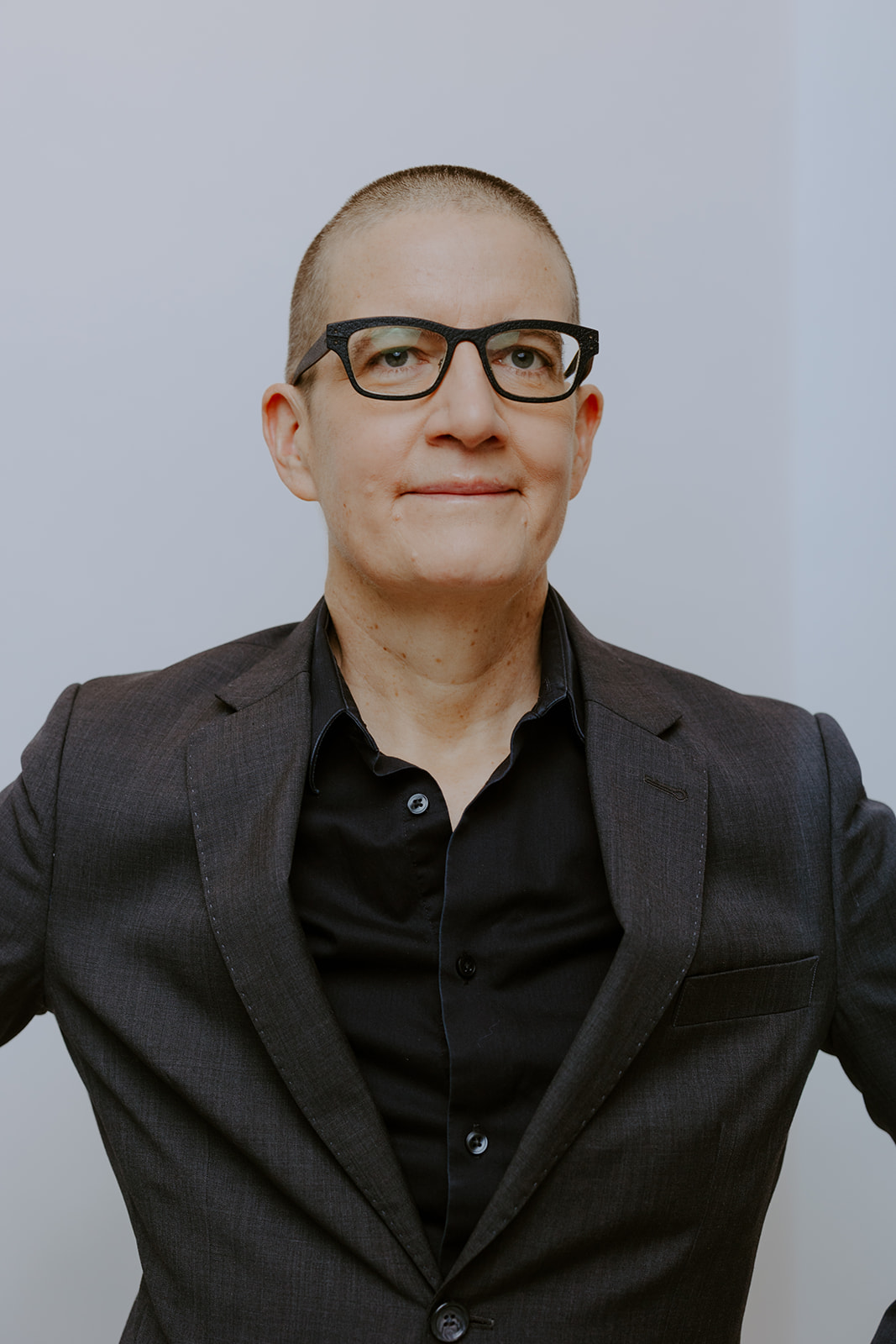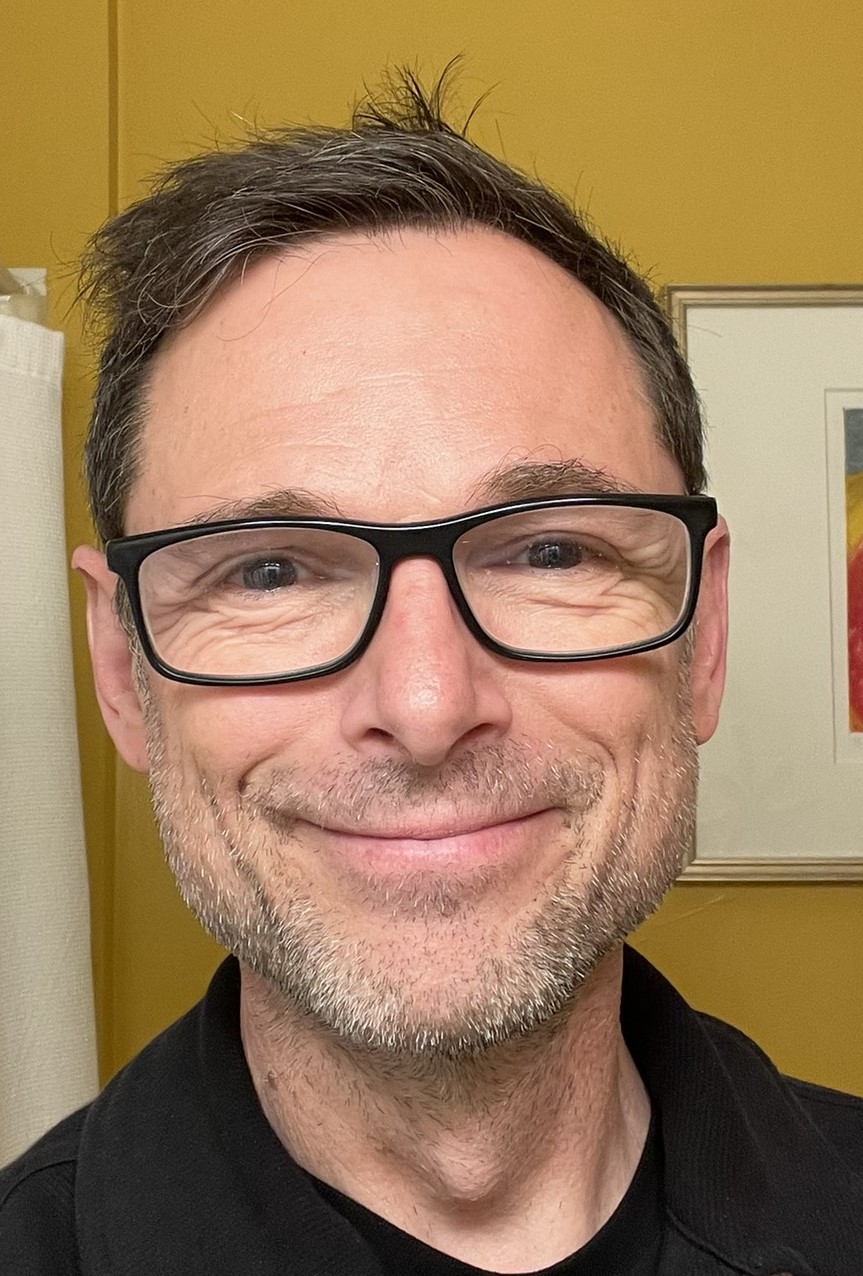Carson Prize 2024: Helena Hansen, Jules Netherland, and David Herzberg
The Society for Social Studies of Science (4S) has awarded the 2024 Rachel Carson Prize to Helena Hansen, Jules Netherland, and David Herzberg for their book Whiteout: How Racial Capitalism Changed the Color of Opioids in America (University of California Press 2023).
The Rachel Carson Prize recognizes an outstanding book in the area of Science and Technology Studies (STS), which makes an important contribution to public debate or social change and has distinctive societal and political relevance.
The award committee received 54 books for consideration and shortlisted 8 works for this year’s prize.
In this deeply impressive pool of scholarship, the committee unanimously found Whiteout: How Racial Capitalism Changed the Color of Opioids in America to be exemplary in all these criteria.
Whiteout is a brilliant example of the generative, intellectual possibilities of politically-relevant collaborative, interdisciplinary work across STS, social sciences, psychiatry, and policy, where no one discipline could fashion the intervention alone. Drawing on extensive data collection by three leading experts in their fields–an addiction psychiatrist and anthropologist, a sociologist and policy advocate, and a drug historian–Whiteout contributes to STS scholarship on race and biocapitalism by analyzing the material and discursive construction of Whiteness and Blackness in the US opioid crisis.
Navigating the mutual, moralized constitutions of race in segregated drug policies, medical science, and the pharmaceutical market, the authors ask: How do the ascending pharmaceutical, biotechnological, and clinical care industries capitalize on concepts of white biological purity, self-control, and morality that are centuries in the making, and, in the process, how do they update, alter, and conceal Whiteness as an ideological system? This broad question of race at the intersections of STS and biocapital is distilled into investigating how two drugs, methadone and buprenorphine, become racialized as Black and White, respectively, through the specific workings of drug development in big pharma, addiction policies, and healthcare.
The authors show how the racialised construction of addiction as a biomedical problem, correctable through adjustments in brain chemistry as opposed to a personal, moral failing, harms significant portions of both white and Black people. While providing urgent insights into a very current crisis in the US, Whiteout broadly illuminates how health and technology are racialized in the present moment of global capital. The committee was particularly impressed with how the book deftly combined academic rigor with public scholarship that has the potential for wide readership. Providing great clarity on complex issues, Whiteout is the rare book that manages the balancing act of scholarship and public appeal, refusing to compromise either theoretical rigor or accessibility.
Biographies
Helena Hansen, an MD


Honorable Mentions
The Carson Prize Committee would like to extend an Honorable Mention to Laura J. Martin for her book Wild by Design: The Rise of Ecological Restoration (Harvard University Press, 2022); and to Joanna Wuest for her book Born This Way: Science, Citizenship, and Inequality in the American LGBTQ+ Movement (The University of Chicago Press, 2023.)
The book Wild by Design provides a detailed history of how ecological restoration, or the efforts to restore biotic relationships between species emerged in the US, from a diffuse practice to an international scientific undertaking. In a time of ecological disasters and global changes, it offers a compelling analysis of our histories and practices of intervention and active invention of environments involving science and settler colonialism. A meticulously researched book with great implications on how we understand environments, Wild by Design promises to be widely read by scholars and policymakers alike.
The book Born this Way examines the history of the LGBTQ+ movements through its intersections with scientific studies of gender and sexuality. The book shows how scientific authority was central to the struggles for queer rights in the US. At a time of dilapidated rights and increasing risks to minorities, it offers new light into the biopolitical nature of queer struggles, victories and its limits. The book’s perspective on contemporary queerness is also a refreshing contribution to longstanding issues in STS with regard to gender, natures, and biologies.
The list of finalists:
- Arseli Dokumaci - Activist Affordances: How Disabled People Improvise More Habitable Worlds (Duke University Press, 2023)
- Jaya Keaney - Making Gaybies: Queer Reproduction and Multiracial Feeling (Duke University Press, 2023)
- Ryo Morimoto - Nuclear Ghost: Atomic Livelihoods in Fukushima's Gray Zone (University of California Press 2023)
- Tamar Novick - Milk and Honey: Technologies of Plenty in the Making of a Holy Land (MIT Press, 2023)
- Ashley Shew - Against Technoableism: Rethinking Who Needs Improvement (W. W. Norton and Company, 2023)
2024 Carson Prize Committee: Marko Monteiro (Chair), Melissa Creary, Monamie Haines, Canay Özden-Schilling and Vivian Choi.
